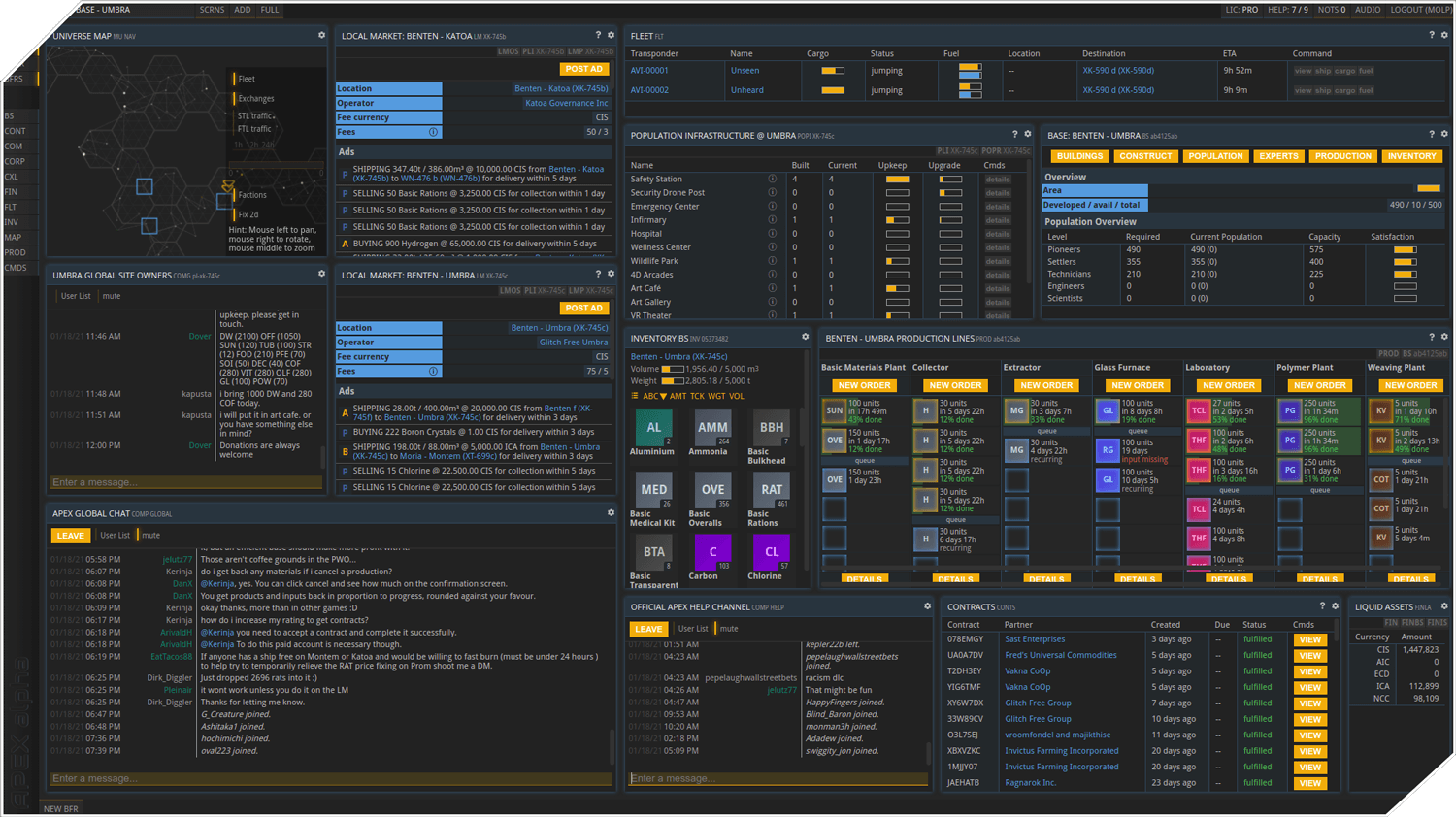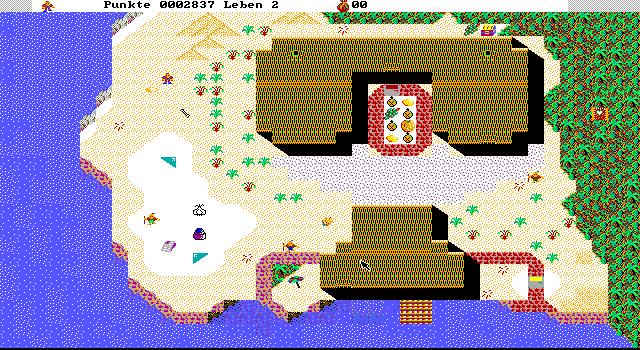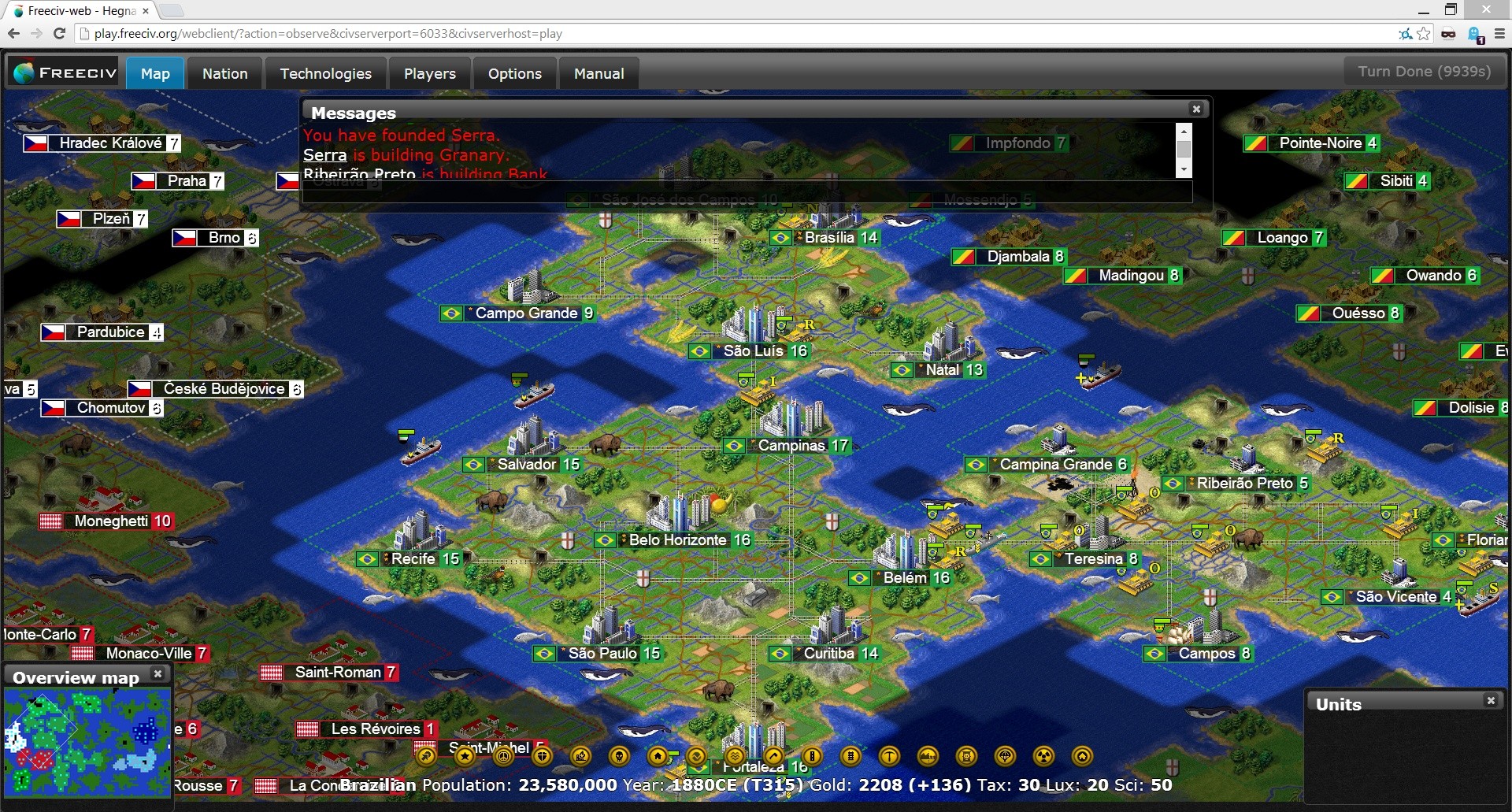Ok, I am very, very late with this, but I have to get started. I have now landed on a list that I probably tomorrow would want to change. Well, it is what it is.
Last year there was a list with only JRPGs. And while I think JRPGs is a badly defined genre descriptor, I like the idea of specialized lists to shake things up. It can be an every other year thing - a normal list then a special list. Well, we will see how it goes.
Anyways, here is my similarly ill-defined criteria for the list: indie games. And yes, indie is a horribly bad defined term. Well, initially it just means independent of the big publishers, but even in the music scene it is coming from this definition is no longer ultimately true. So an indie game for this list is - what I consider indies. Ha! I will have some criteria that I list, but be aware that these criteria are kinda muddy and in doubt I go with my gut-feelings.
But here are the general ideas for the criteria:
1. Too big a budget or dev team disqualifies as indie. So while Larian Studio is indeed an indie studio, Baldur's Gate III is too big to be considered.
2. Classic: if released with major suppport or internally in a big publisher, it is not an indie. Major support obviously is questionable, but many indies are on console published by the console holder that would disqualify. But they usually only allow to publish on their console through them without giving additional support. So Child of Light - even though small in budget and team - being internally made by Ubisoft is out, No Man's Sky getting some release support with Sony I consider still an indie.
3. I will include japanese games, which are usually not included, because the market is kinda different. Still I identify for instance Capcom, Square or Sega as a big publisher.
4. A small studio bought out by a big one is a difficult choice. But I consider games created before as indie and after not. Even if development started before the buyout. So Pillars of Eternity is indie for me, while Grounded is not - even though it is the exact same dev.
5. Using an established well-known IP disqualifies as indie. That doesn't exclude cooperations though. Dead Cells Castlevania addition leaves it still an indie, because the main game is. On the other hand Cadence of Hyrule I consider not indie, because the game is at it's core made with the Zelda IP. That rule is applied, even if the IP in question is mainly a non-gaming one.
6. IP is also a funny term in itself, I consider it an IP if there is a commercial holder. Classic greek mythology is a story universe, yet no one owns it. So Hades using classic greek mythology is still an indie, because I don't consider this an IP per se.
7. I exclude old games, because in the market at the time all games were made by small teams and it wasn't considered indie. Which means Worms is not indie, but Worms WMD is? Well, I never said my criteria are great. I see the cutoff somewhere in the 00s. Games from the 2010s can clearly be indie, games from the 90s not. Games from the 00s are in the Twilight zone.
So, this is basically my rules of thumb. Many thumbs. You can belittle my stupid rules and have differing opinions, but it doesn't matter because it is just for this list and my list my rules.
Let's do quickly the honorable mentions as well.
Death Stranding (2019, Xbox Series)

I didn't include Death Stranding in the list, because it kinda feels not like an indie. I think it probably had a somewhat bigger budget and team as it looks, but maybe I am wrong. Maybe thatwould qualify as an indie. Anyways, as I freshly play this game currently as it is out on other platforms than PS now it is new and for the indie reason I didn't include it, so I gave it a honorable mention spot instead.
So, let's start with a negative: the game bombards the player with cutscenes at the beginning, with little interactive elements in between. That was kinda bad, I wanted to get into the game. I think a design which let's the player get comfortable with the gameplay first before dropping the major storybombs is better. But it is what it is and once you are off the leash and can actually play it is pretty fun. Because the gameplay is great.
What is the gameplay you ask? Well, Death Stranding is a walking simulator. A literal walking simulator, you walk, and you can slip on wet stones or lose footing on steep inclines. You get the left and right trigger as ways to shift balance to the left or right to avoid falling. And this is made harder, because you packed with cargo. Well, you could decide to travel light, but as your job is to deliver cargo that would just end in many travels. And all the equipment you use to ease your travel also has to be transported by you. So even starting at a distribution center you have to judge how many ladders to take with you for example.
Also there are dangers by rogue porters named MULEs, and the really creepy danger that BTs pose. So not only you have to navigate the land and avoid damaging your cargo, you may yourself involved in sneaking around dangers or taking the fight to them. All of this
The game has online options similar to the From Software games. Instead of messages, blood puddles and ghosts you get structures other players built. You laid down a ladder to cross a river or climb an obstacle? Another player can use it and send you likes, which are the main progress resource.
And yeah, shoutout to the music, pretty good and fitting.
gameplay (this video shows verys early gameplay, but cuts out nearly all cutscenes, and is just much more enjoyable because of it)
Prosperous Universe (2021, Browser)

This browser game is a multiplayer trading simulation. As you can see it is basically "Excel the game". Which can be a fun way to play.
It plays in space after earths destruction. You play a company with some starting capital and provisions. You settle on a plot on a planet and build up production or extract resources. Then you use your spaceships to deliver the goods to the exchange.
Your trading partners are other players that need to buy stuff to keep their production running, although there are also missions from your faction, which inject a bit more money. That is basically it, but you can obsess over optimizing the production, corner the market and plan expansion.
The Game of Robot III: Insel der heiligen Prüfung (1992, DOS)

The Robot-series is a very, very old series of games. As you can see it features tile based maps, each screen is separate you switch if go over the edge. The series has five entries (four numbered and Robot Junior) and it is a game in german. I don't even know if translations exist. As it is in german I very much doubt any of you know them.
The whole series involves puzzles to progress and light action elements to fight enemies. And exploration of the pretty vast environments. I choose specifically the third game, as it has a lot of NPC, the people living on the island. And they speak a foreign language that you have to learn throughout the game. You learn words and can try to guess the ones you still don't know to communicate. This added an element which elevates this entry over the rest of the series.
FreeCiv (1996, Linux)

I considered FreeCiv for this list, although it fails on the age category. But I would have possibly made an exception because it is in constant development - to this day. It is open source software and completely free. But I decided against it - because it is basically Civilization, but developed further with lots of improvements and additions, but still Civilization.
















